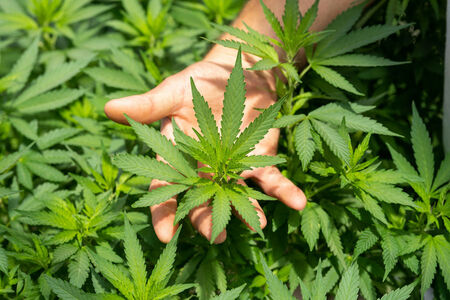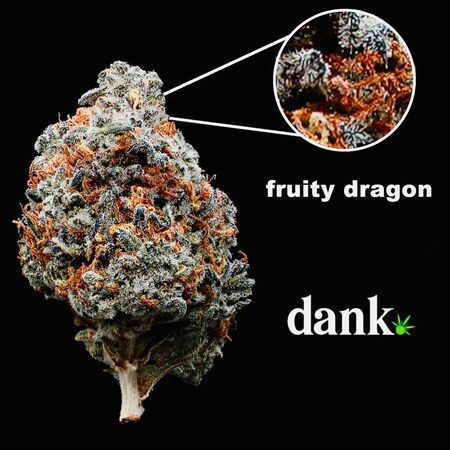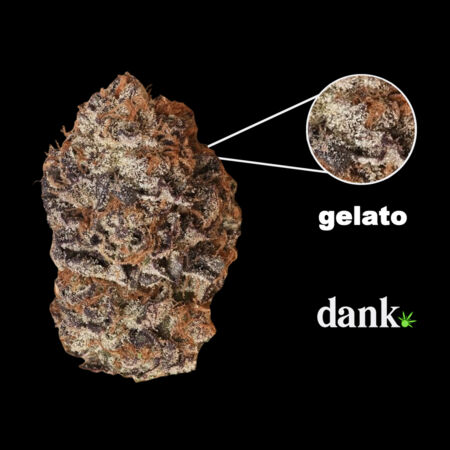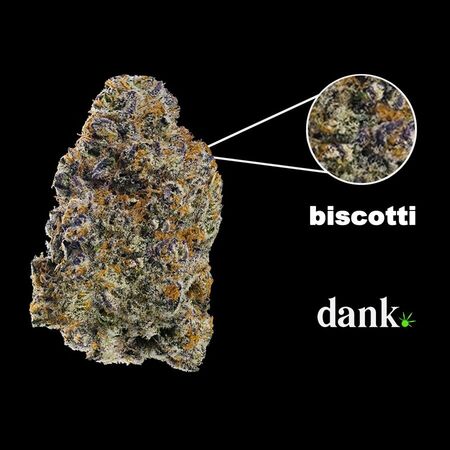Cannabis Laws in Indiana: A Restrictive Landscape
US States
Shop
Indiana stands as one of the most prohibitive states regarding cannabis legislation. While neighboring states like Illinois and Michigan have embraced the economic and medicinal potential of cannabis, Indiana continues to enforce stringent bans. The state's limited allowances for low-THC CBD oil highlight its cautious approach, with broader cannabis reform facing persistent roadblocks in the state legislature.
Current Cannabis Laws in Indiana (2024)
Medical Cannabis
Eligibility: Patients with qualifying conditions, such as epilepsy, can use low-THC CBD oil (containing less than 0.3% THC) with a recommendation from a licensed physician. This represents Indiana's only concession to medical cannabis use.
Possession Limits: Only approved low-THC CBD oil is legal for possession. All other cannabis products, including those with higher THC content, remain illegal.
Cultivation: Home cultivation, even for medical use, is strictly prohibited.
Recreational Cannabis
Eligibility: Recreational cannabis is fully illegal in Indiana.
Possession Penalties: Even small amounts (under 30 grams) can lead to misdemeanor charges, punishable by up to one year in jail and a $5,000 fine. Larger amounts result in felony charges, carrying harsher penalties.
A Timeline of Cannabis in Indiana
1913: Indiana becomes one of the first states to regulate cannabis, criminalizing possession and sale.
1970s: The federal "War on Drugs" amplifies penalties, leading to stricter sentencing for cannabis-related offenses.
2014: Early discussions on medical cannabis legalization begin, but initial efforts stall in the legislature.
2017: Indiana legalizes low-THC CBD oil for epilepsy patients, signaling a cautious step toward recognizing cannabis as medicine.
2018: Following the federal legalization of hemp in the Farm Bill, Indiana permits hemp cultivation and CBD product sales.
2021: Public support for medical cannabis grows, prompting advocates to introduce multiple legalization bills—none of which pass committee hearings.
2023: Tax revenue from legal cannabis sales in neighboring states sparks renewed interest in reform, with advocates pushing harder than ever for change.
Advocacy and the Road Ahead
Indiana's restrictive stance hasn't dampened the resolve of advocates working tirelessly for cannabis reform. Grassroots organizations, supported by growing public demand, are determined to bring change. The state's proximity to cannabis-friendly neighbors adds pressure, as residents frequently cross state lines to access legal cannabis, causing Indiana to miss out on potential tax revenue.
Advocates argue that embracing legalization could not only benefit patients but also stimulate Indiana's economy. With each legislative session, the push for reform grows stronger, signaling a shift in the winds of public policy.
Why Choose Dank Seeds USA?
At Dank Seeds USA, we champion education, advocacy, and quality, even in states like Indiana where cannabis cultivation remains restricted.
Educational Resources: Dive into our blog for updates on cannabis laws, expert insights, and reform efforts nationwide.
Advocacy Support: We stand with Indiana's communities striving for progressive cannabis policies, offering resources to empower change.
Nationwide Reach: Although cultivation in Indiana is prohibited, we proudly serve customers in states where it’s permitted, delivering premium seeds and expert advice.
Indiana’s Future in Focus
Indiana may be among the last holdouts in cannabis reform, but the momentum for change is undeniable. Advocacy efforts, coupled with economic and medical arguments, are pushing the state closer to progress. Stay informed, support local reform initiatives, and prepare for the eventual evolution of Indiana’s cannabis landscape.
The information provided in this article is for informational purposes only and should not be considered as legal advice. Laws and regulations surrounding cannabis use and cultivation vary by jurisdiction and are subject to change. For the most up-to-date and accurate information, readers are encouraged to consult their local laws or seek professional legal counsel. This content is not intended as a call-to-action and does not encourage illegal or unauthorized activity.

















